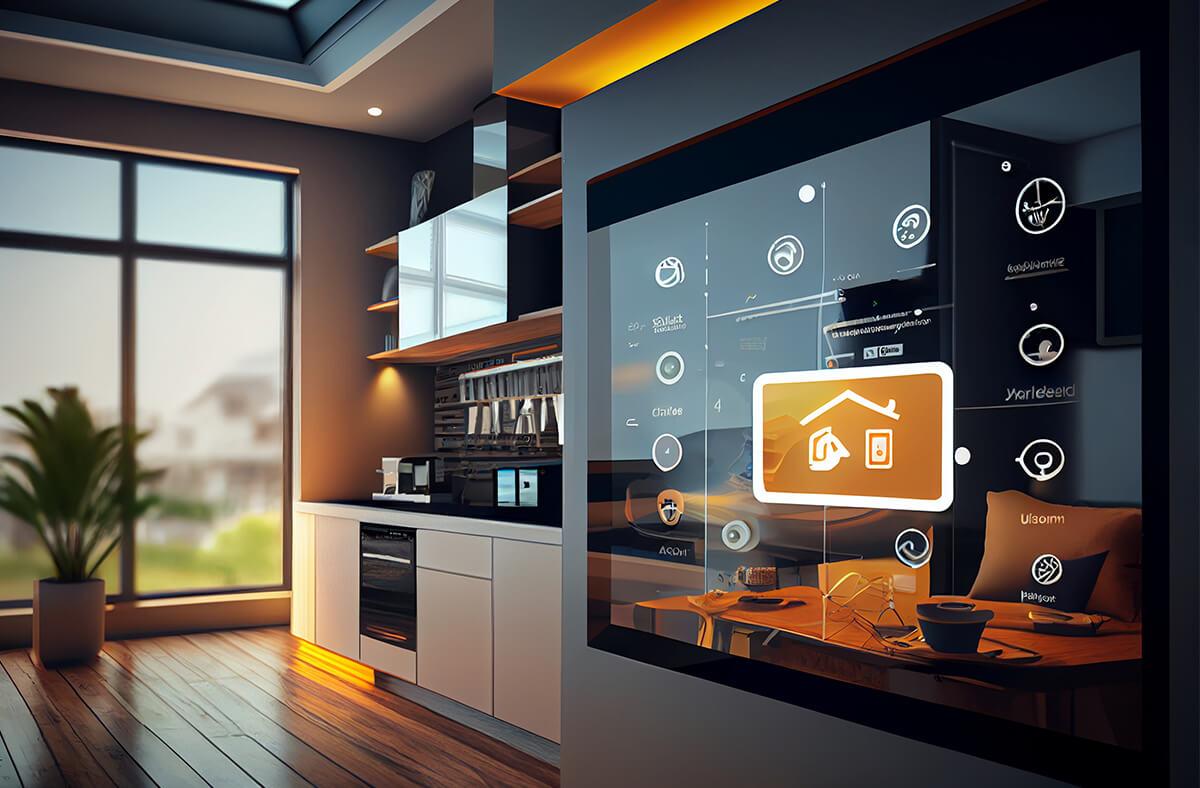In today's digital era, the integration of smart devices into our daily lives has revolutionized various aspects, including home safety. Smart devices, such as smart locks, security cameras, and smoke detectors, offer a multitude of benefits that significantly enhance safety measures within our homes. This article explores one key benefit of using smart devices in home safety, focusing on the empowerment they provide in terms of protection and peace of mind.
- Real-time Monitoring and Alerts:
One of the significant advantages of smart devices in home safety is their ability to provide real-time monitoring and instant alerts. Smart security cameras equipped with motion sensors and facial recognition technology can detect any suspicious activity and immediately send alerts to homeowners' smartphones. This feature enables homeowners to respond promptly to potential threats, whether they are at home or away, ensuring a proactive approach to security. - Remote Access and Control:
Smart devices allow homeowners to remotely access and control various safety features within their homes. For instance, smart locks enable users to lock or unlock doors from anywhere using their smartphones. This feature proves invaluable in situations where homeowners forget to lock their doors or need to grant access to family members, friends, or service providers. By providing remote access and control, smart devices offer convenience without compromising security. - Integration and Automation:
Another benefit of smart devices in home safety is their ability to integrate and automate different safety systems. Through centralized control hubs or voice assistants, homeowners can connect and synchronize multiple devices, creating a comprehensive safety network. For example, when a smoke detector detects a potential fire, it can automatically trigger smart lights to flash, smart blinds to open, and smart speakers to announce evacuation instructions. This integration enhances the effectiveness of safety measures and reduces response time during emergencies. - Data-driven Insights:
Smart devices collect and analyze data, providing homeowners with valuable insights into their home's safety. For instance, smart thermostats can monitor carbon monoxide levels and air quality, alerting homeowners to potential hazards. Additionally, smart devices can track patterns of activity within the home, allowing homeowners to identify any unusual behavior or potential vulnerabilities. By leveraging data-driven insights, homeowners can make informed decisions to further enhance their safety measures.
Conclusion:
The use of smart devices in home safety offers numerous benefits, with the empowerment of protection and peace of mind being a key advantage. Real-time monitoring and alerts, remote access and control, integration and automation, and data-driven insights all contribute to creating a safer living environment. By embracing smart devices, homeowners can proactively safeguard their homes, ensuring the well-being of their loved ones and enjoying a greater sense of security.


